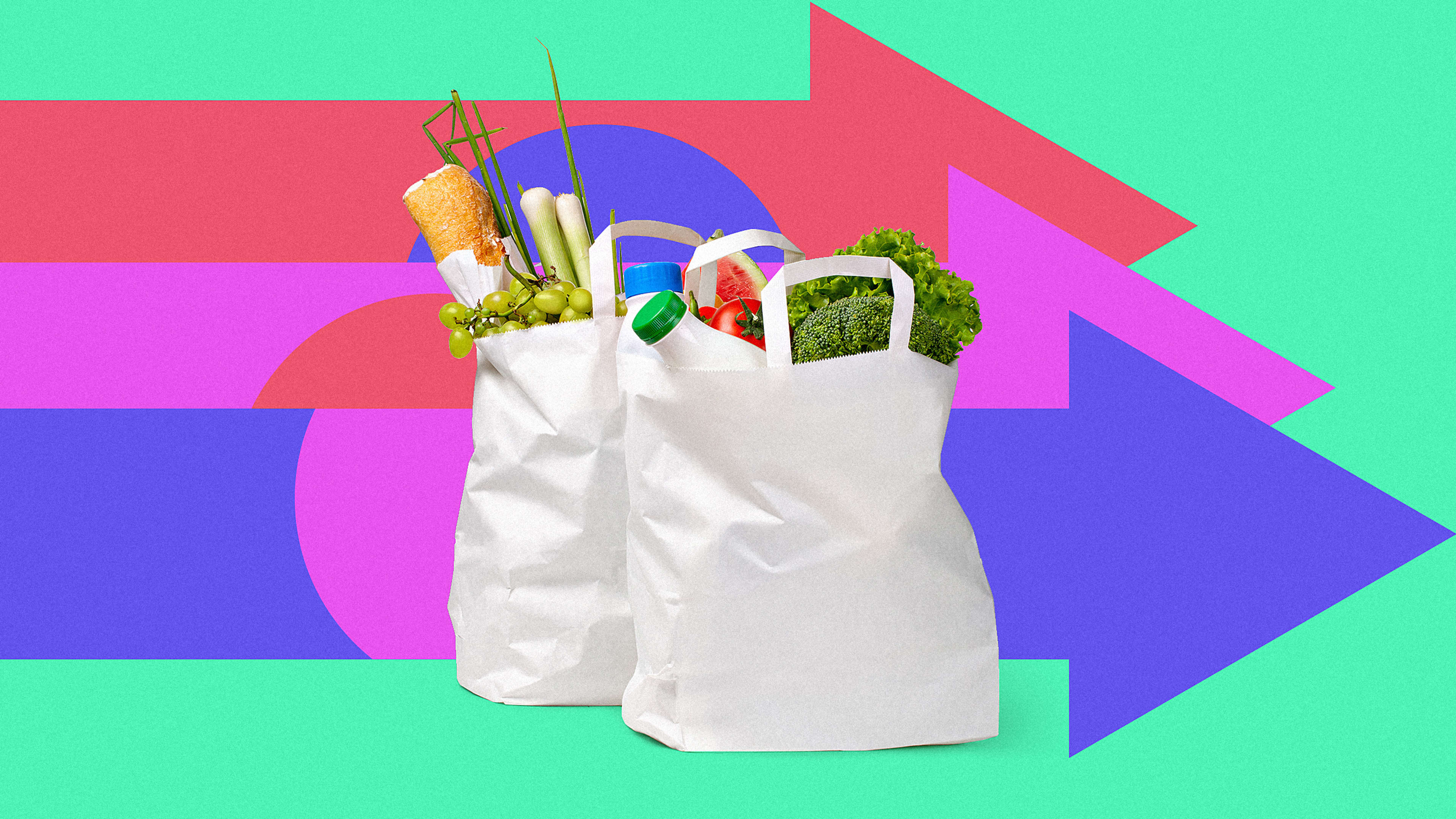While people line up outside grocery stores to stock their kitchens for the coronavirus crisis—sometimes waiting for hours—some are shopping not for themselves, but as volunteers for elderly or immunocompromised neighbors. A network of dozens of mutual aid groups has sprung up across the country, many using Google spreadsheets to track volunteers and people in need of food or medicine.
Erica Etelson, a writer and community organizer in Berkeley, California, created one local spreadsheet a couple of days ago. “As schools started closing, and everything started shutting down, I was just sitting at my computer, obsessing on news as I often do, and thinking, how are people going to get food and medicine? They shouldn’t be in the stores,” she says. “And I know there’s so many people like me who are in a lower risk group and have flexible schedules—especially now—and want to help. I realized, wow, this is really just a question of linking people up.”
The shared spreadsheet isn’t working perfectly; some people who aren’t familiar with the tool are accidentally deleting entries, and others don’t understand how to use it, especially older neighbors who are at greatest risk of serious impacts from the virus. A volunteer is now creating another form that people can use to submit their information. But Etelson says that she realized it was necessary to create something, even if imperfect, as soon as possible.
“It’s a race against time,” she says. “When I hear the way the public health people talk about flattening the curve, it’s like, well, we don’t have a week or two to build a really great website. People need to be staying out of the stores right now if we’re going to flatten the curve.”
Since some neighbors aren’t on Nextdoor or Facebook, where the volunteers have been offering their help, they also plan to distribute paper flyers. California’s governor announced yesterday that people over the age of 65 shouldn’t be leaving their homes; Etelson says that there isn’t enough time to wait for the state to figure out how to distribute food to everyone. (Existing programs, including Meals on Wheels, are also typically staffed by retired volunteers who now can’t go out.) “Because of how fast this virus is moving, I think this is the time for community-based mutual aid, because we don’t have any red tape,” Etelson says. “We’re making this up as we go. It’s neighbor to neighbor. People are motivated.”
Similar mutual aid projects are running in cities such as Seattle, where a volunteer intake form asks detailed questions, such as whether a volunteer will need to be paid upfront before they can go buy groceries. Networks now exist across the country, as well as in countries such as the U.K. and Germany.
Etelson says that it’s also important that people aren’t afraid to ask for help when they need it. “Don’t be shy,” she says. “There are literally thousands of people out there ready and willing and wanting to help their neighbors.”
Recognize your brand’s excellence by applying to this year’s Brands That Matter Awards before the early-rate deadline, May 3.
